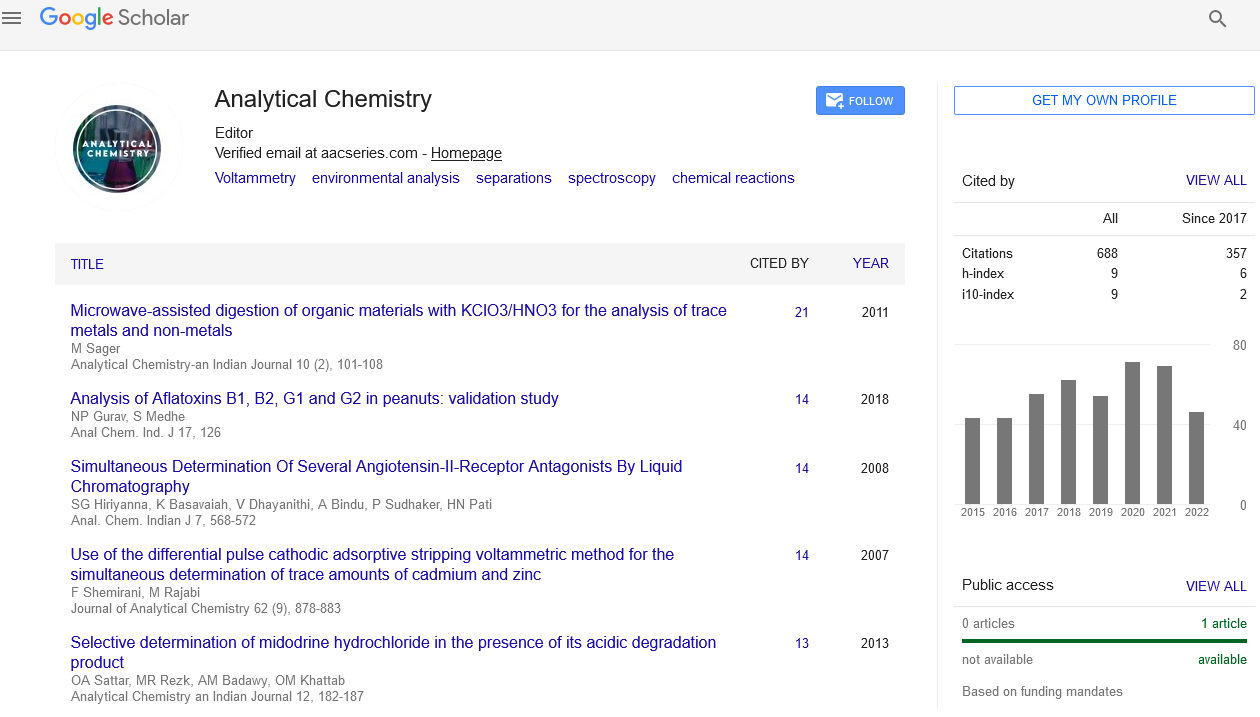Abstract
A Roadmap for the Molecular Farming of Viral Glycoprotein Vaccines: Engineering Glycosylation and Glycosylation-Directed Folding
Author(s): James MartinRecombinant glycoprotein-based vaccine immunization is a potential strategy to promote protective immunity against viruses. To enable their folding and post-translational modification, these glycoproteins must normally be produced in mammalian cells due to their complicated biosynthetic maturation requirements. Despite these obvious benefits, this approach's costs and infrastructure needs might be prohibitive in developing nations, and its manufacturing sizes and timetables may be constrictive when used to suppress pandemic virus epidemics. Plant molecular farming of viral glycoproteins has been proposed as a low-cost, quickly scaled alternative production method with the capacity to carry out post-translational changes equal to those carried out by mammalian cells. Therefore, clinical trials for plant-produced glycoprotein vaccines against seasonal and pandemic influenza have shown promise and early-stage preclinical and clinical testing of vaccine candidates against the recently discovered coronavirus-2 causing severe acute respiratory syndrome has begun. However, due to changes in the cellular machinery of the host, many additional viral glycoproteins do not accumulate well in plants and are improperly digested along the secretory pathway. Additionally, plant-derived glycoproteins frequently contain glycoforms that are antigenically different from those found on the original virus and, in some cases, may even be under-glycosylated. Recent developments in the field have enhanced the complexity and quantities of biologics that can be created in plants and now make it possible for many viral glycoproteins that were previously impossible to produce in plant systems to express themselves. The empirical optimization that reigned in the early days of molecular farming was replaced by the necessity of creating logical, specialized techniques to enable their creation. The next generation of plant-made items is being created. This has required removing glycoforms that are exclusive to plants and introducing components of the biosynthetic machinery into plants from various expression hosts. These methods have produced mammalian N-linked glycan and caused the synthesis of O-glycan moieties in plants.

